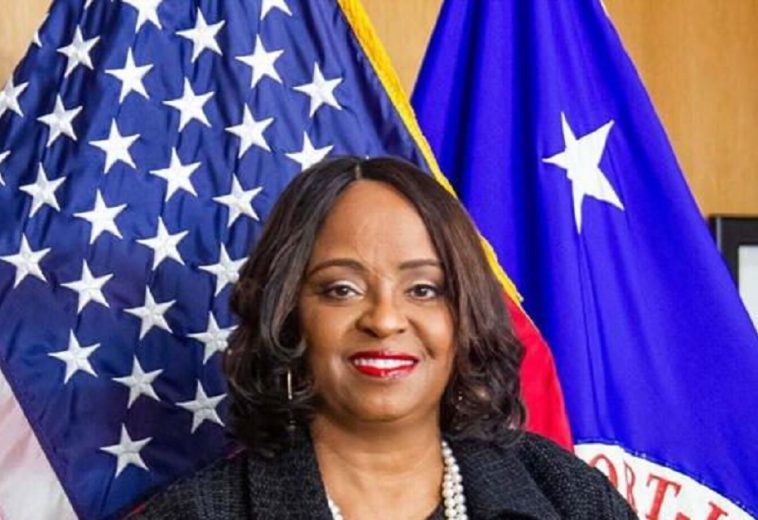Every September, the world turns its attention to New York as leaders from across the globe convene for the United Nations General Assembly (UNGA). This year marks the beginning of the 79th session, where high-level debates and diplomatic discussions will address a myriad of pressing global issues. The six-day event, beginning on September 23, 2024, will see leaders from over 180 countries discussing peace, security, climate change, and ongoing global conflicts.
The Evolution of the UN General Assembly
Established in 1945 following the World War II, the United Nations was founded to promote peace, security, and cooperation among nations. Originally comprising 51 member states, the organisation has since expanded to 193. Leaders from two non-member observer states—the Holy See and the State of Palestine—along with representatives from the European Union, also participate in the Assembly.
A Tradition of Speeches: Who Speaks and When?
Brazil traditionally opens the general debate, a practice rooted in the early years of the UN when Brazil was often the first to volunteer to speak. Following Brazil, the United States, as the host country, delivers the second speech. After these initial addresses, speakers are scheduled based on a first-come, first-served basis, with heads of state and government receiving priority.
This year, around 87 heads of state, including US President Joe Biden, UK Prime Minister Rishi Sunak, Brazilian President Luiz Inácio Lula da Silva, and other African leaders, will address the Assembly. Other key speakers include Palestinian President Mahmoud Abbas, Israeli Prime Minister Benjamin Netanyahu, and Russian Foreign Minister Sergei Lavrov. Altogether, more than 140 dignitaries will speak, with leaders encouraged to adhere to a voluntary 15-minute time limit, though exceptions are often made.
Key Themes for 2024: Leaving No One Behind
This year’s General Debate is centred on the theme, “Leaving no one behind: acting together for the advancement of peace, sustainable development, and human dignity for present and future generations.” As usual, leaders will use this platform to address a wide range of global and national issues.
The War in Gaza
The ongoing war between Israel and Hamas in Gaza has drawn significant global attention. With casualties exceeding 41,000, the humanitarian crisis continues to worsen. Leaders, particularly from the Middle East and Europe, are expected to renew calls for a ceasefire, echoing previous UNGA resolutions. Both Israeli and Palestinian representatives will deliver speeches later in the week, likely offering perspectives on the conflict.
The Russia-Ukraine War
Now in its third year, the war between Russia and Ukraine remains a critical issue in global diplomacy. Ukrainian President Volodymyr Zelenskiy is expected to make a much-anticipated address calling for continued international support. Russia’s Foreign Minister Sergei Lavrov will follow later in the week. Many leaders will reiterate calls for an end to the conflict, some reaffirming past UNGA resolutions condemning Russia’s actions and urging the Russian troops.
Climate Change: Urgency in Action
As climate-related disasters devastate vulnerable regions, particularly small island nations, the Assembly is expected to see strong demands for immediate action to tackle global warming. Leaders from countries most affected by rising sea levels and extreme weather events will make urgent pleas for accelerated efforts to meet climate targets, including the goal to limit global temperature increases to 1.5°C. Climate financing, renewable energy transitions, and global commitments will dominate many of the speeches.
UN Security Council Reform
Calls for reform of the UN Security Council will once again take centre stage. Countries like Brazil, India, Germany, and Japan have long advocated for the restructuring of the 15-member body, arguing that it no longer reflects the realities of the modern world. Reform proposals include expanding membership and limiting the veto powers currently held by the five permanent members: the US, Russia, China, the UK, and France. African leaders are expected to push for greater representation, highlighting the continent’s demand for a permanent seat on the Council.
The Role of African Leaders
African leaders are likely to focus on issues such as economic development, peace, security, and international cooperation. Key topics will include the crisis in Sudan, efforts to combat illicit arms trade, and Africa’s participation in global climate initiatives. These leaders are also expected to advocate for more equitable global governance, including representation on the Security Council.
Moving Forward: The Role of Diplomacy in a Fractured World
As the UNGA session progresses, leaders are expected not only to focus on immediate crises but also on broader questions of global governance, security, and sustainability. While the Assembly offers a platform for countries to voice their concerns, the true test will be whether their speeches translate into concrete actions.
With major conflicts unresolved, a worsening climate crisis, and mounting calls for institutional reform, the 2024 General Assembly may prove to be a turning point in how the international community addresses these challenges.




